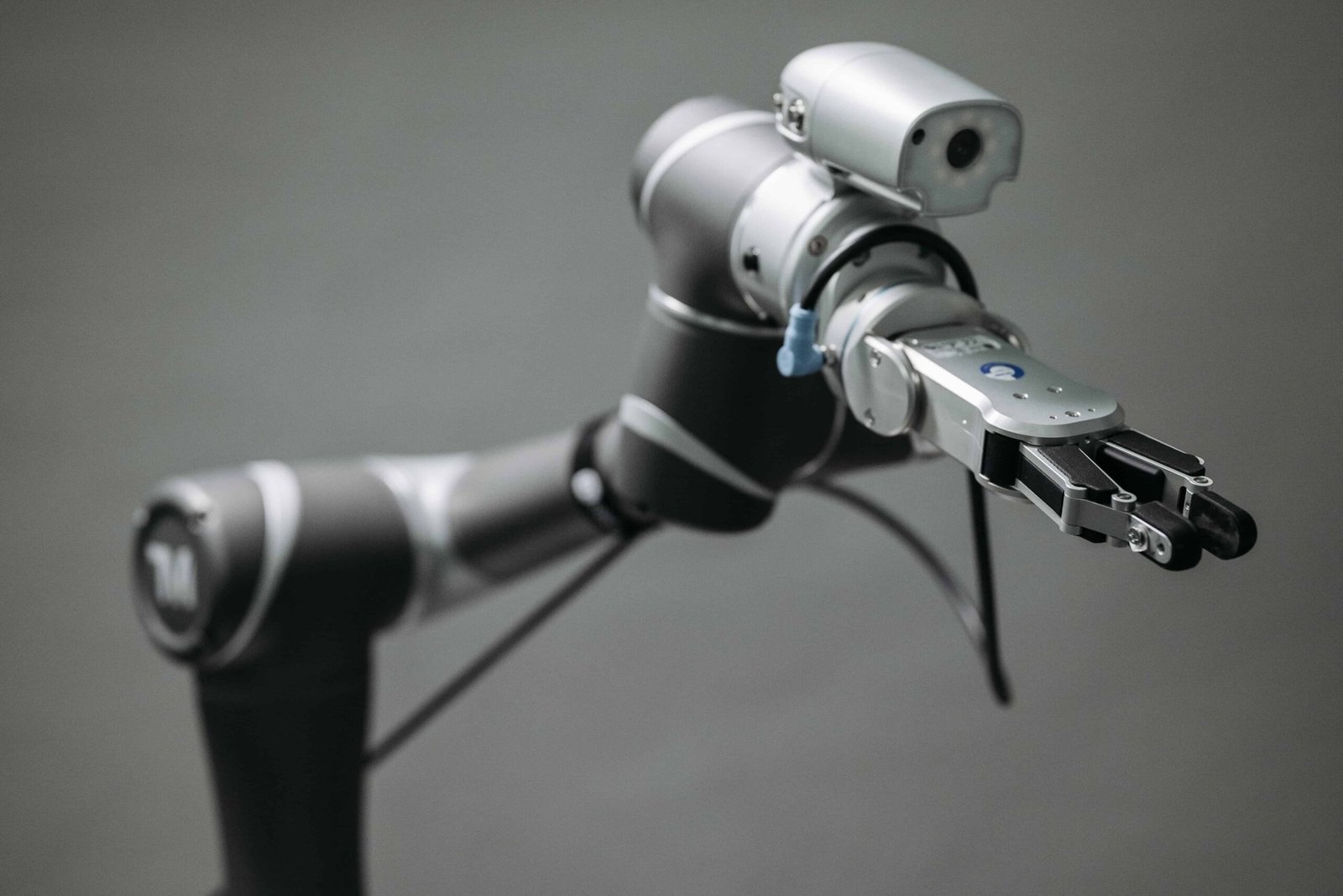The formation of the “International Panel for Technological Changes” (IPTC) was proposed to the G20 by Martin Rees, Astronomer Royal of the Royal Household of the United Kingdom, Shivaji Sondhi, Wykeham Professor of Physics at Oxford, and K Vijay Raghavan, former principal scientific adviser to the Government of India[1].
Analogous to IPCC, IPTC’s primary objective as proposed is to assess where we are and where we are headed in the future when it comes to “post-human technology”.
The panel expressed the concern of experts over the rise of the development of AI and its impact on the next generation’s livelihoods.
An example of ChatGPT was taken, but the expert debate over whether the creation of a “superintelligence” is still farfetched to be a concern, while more such tools are to enter the world like Google’s Bard.
Although the current term “artificial intelligence” just refers to machines that solve problems that most of us can find a solution to, most of which are employed in workspaces currently.
“It seems to us that the G20 is the right-sized organization for chartering such a panel and enabling its functioning” they added.
Concerns for Emerging Revolutions in Biotechnology
Technological Advancements in the field of genetics such as embryo selection and germline editing made possible by CRISPR gene editing could disrupt “social order” meaning that natural evolution will possibly be coming to an end.
While it may seem that AI and biotechnology may seem like separate issues, they are both forms of hardware evolution that could have significant impacts on human affairs.
While these technologies offer extraordinary promise, they also pose an extraordinary threat, the authors write.
The Way Humans Evolve Might Change
The rise of “post-human technology” represents a major shift in human affairs, where hardware evolution may become as significant as cultural evolution.
A disturbance in “human equilibrium” means that cultural evolution would diminish and would be replaced by hardware evolution (inside the human body and outside) will play a major role in human affairs.
This could either be the end or the beginning of our specie, all of which lie in our hands.
The panel feels that what’s most important to us now, is the reassurance that the interest of our species will prevail and standard human political, economic, and social processes will not lead to destructive outcomes.
AI provokes a full-scale superpower rivalry between different technology companies that are trying to profit from the industry that is witnessing its peak.
Demanding Quick Implementation of the IPTC
The authors propose a panel to solve the coordination problem between advancement in technology and human affairs.
IPTC will work similarly to the Intergovernmental Panel on Climate Change (IPCC) which was created for the regular scientific assessment of climate change, its implications, and potential risks.
However, IPTC’s assessments will be regular and within short intervals.
The authors have requested the G20 to establish IPTC as soon as possible to showcase the result of implementing such processes within the next year.
The panel would consist of a small group that can educate everyone worldwide on the most urgent technological issues.
No response to the proposal has been given by the G20 as of now.
References
- Martin Rees et al., ‘G20 must set up an international panel on technological change’, Hindustan Times, 19 March 2023, “Martin Rees is Astronomer Royal, former president of the Royal Society and a member of House of Lords”,
https://www.hindustantimes.com/opinion/g20-must-set-up-an-international-panel-on-technological-change-101679237287848.html[↩]





